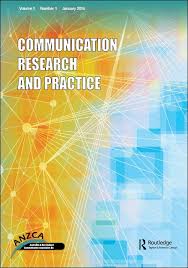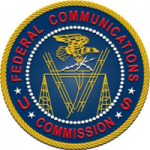 I am excited to announce that my new paper, titled “The Ability to Pay for Broadband,” which was co-authored with Bianca Reisdorf (UNC Charlotte) and Simmons SLIS alum Madison Bishop (Plymouth Public Library) was just published in a special issue on “Digital inequalities and inclusion” guest edited by Justine Humphry (The University of Sydney) in Communication Research and Practice.
I am excited to announce that my new paper, titled “The Ability to Pay for Broadband,” which was co-authored with Bianca Reisdorf (UNC Charlotte) and Simmons SLIS alum Madison Bishop (Plymouth Public Library) was just published in a special issue on “Digital inequalities and inclusion” guest edited by Justine Humphry (The University of Sydney) in Communication Research and Practice.
Today, the Benton Foundation published our blog post, which provides a brief summary of our published article and its findings. Here’s a snippet from the Benton Foundation’s website:
“According to recent National Telecommunications and Information Administration (NTIA) survey data, roughly 28 million households in the United States still do not use the Internet at home (Goldberg, 2019). In its survey, the NTIA also asked why households did not use the Internet at home, with 58 percent citing a lack of interest as their main reason for being offline and every fifth household (21%) stating that it is too expensive. Out of those who cited cost as their main reason for not having home access, half had annual household incomes lower than $25,000 (Goldberg, 2019). But an aspect that is often missing from Internet use survey data is the complexity of potential reasons why households might think they have no need or no interest in home Internet access and how this is often closely intertwined with their ability to afford a home Internet connection.
In our recent paper, published in a special issue of Communications Research and Practice, we present findings from two separate studies on digital inclusion in the United States that sought to gain a deeper understanding of the ability of low-income individuals to spend their money on wired broadband internet connections at home. We believe the findings from the studies can be useful to policymakers, practitioners, and other stakeholders interested in developing effective digital inclusion and broadband adoption policies.”
Our article is available open access for a limited time via the journal’s website at Taylor & Francis Online.

